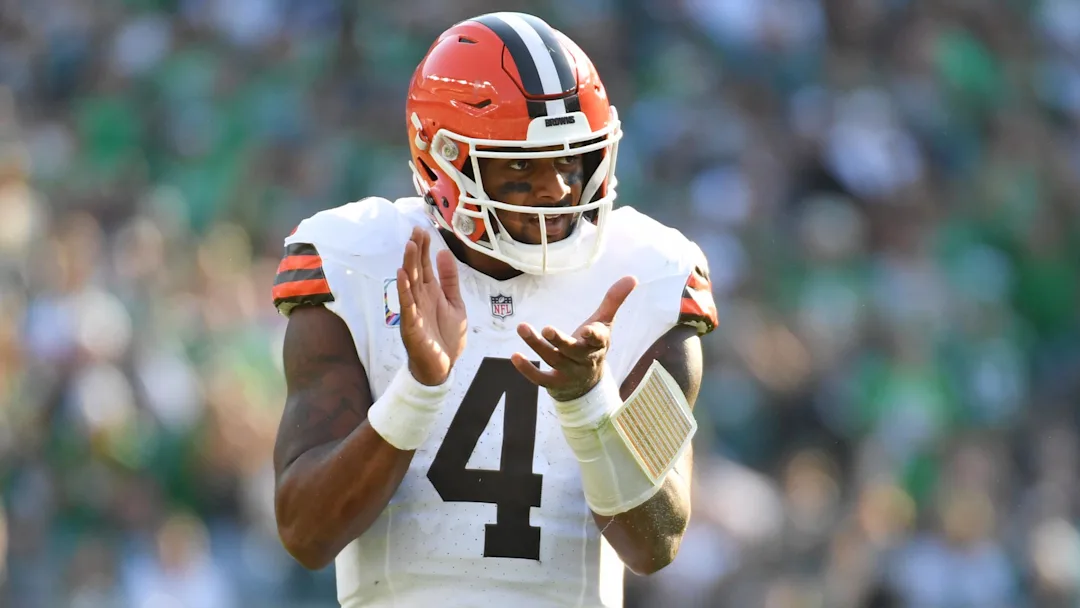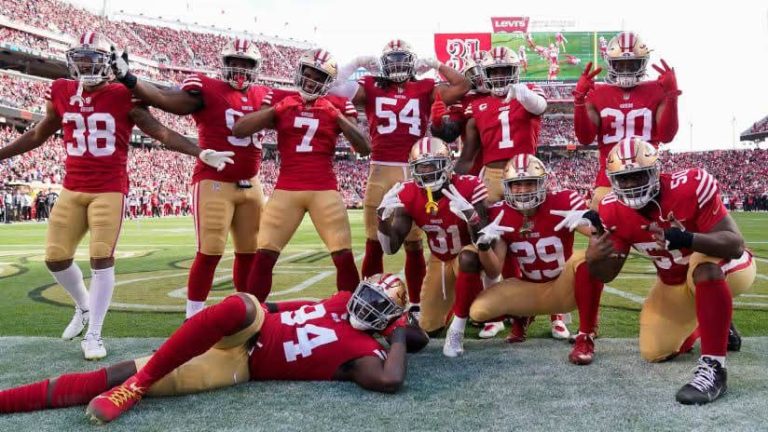Boston’s front office promised to attack the summer with fresh urgency—and it only took 48 hours after the Stanley Cup parade to prove they meant business. General manager Don Sweeney has swung his first haymaker of 2025, prying the rights to 24‑year‑old Swedish defenseman Victor Söderström from the Chicago Blackhawks in exchange for prospect Ryan Mast and a 2025 seventh‑round pick — a shrewd, low‑risk investment that could pay top‑four dividends if the former first‑rounder finally blossoms in black and gold.
Söderström has long teased scouts with elite puck‑moving instincts, but injuries and organizational logjams kept him from securing a permanent NHL foothold in Arizona or, briefly, Chicago. Rather than toil on the Blackhawks’ depth chart last winter, he returned home to Brynäs IF and exploded for 37 points in 49 SHL games, numbers good enough to capture the Börje Salming Trophy as Sweden’s top defenseman — a résumé line that caught Boston’s eye.
On paper, the fit is almost surgical. The Bruins’ right side lost its safety net when Brandon Carlo was shipped to Toronto at the 2025 trade deadline. Behind Charlie McAvoy and Andrew Peeke lay only question marks. Söderström, a smooth right‑shot rearguard with power‑play upside, immediately plugs that void without torching cap space. At 6‑foot and a shade under 200 pounds, he won’t bulldoze opponents like Carlo, but his first‑pass precision aligns perfectly with new head coach Marco Sturm’s mandate to crank up transition speed.
Because the Gavle native spent last year in Europe, he remains a restricted free agent who must negotiate a fresh deal with Boston. League sources believe a two‑year “show‑me” bridge worth roughly $1.5 million AAV could satisfy both parties—cheap enough for the Bruins to maintain flexibility, lucrative enough to coax Söderström back across the Atlantic. If he seizes a third‑pair role and top‑unit power‑play minutes, GM Sweeney will have landed a cost‑controlled gem for pennies on the dollar.
The gamble is not without peril. Söderström owns just 11 points in 53 career NHL appearances, and scouts still question his defensive reads below the dots. But associate coach John Gruden—hired for his blue‑line tutelage—has quietly lobbied for a mobile puck‑mover who can insulate McAvoy and anchor the second unit. Internal belief matters, and Boston’s player‑development track record (see: Matt Grzelcyk, Jeremy Swayman) suggests a favorable ecosystem for late bloomers.
While Söderström packed his bags for Boston, superstar winger David Pastrňák added another lacquered plaque to his hardware wall. The NHL announced Thursday that the 29‑year‑old sniper was voted to the Second All‑Star Team after torching opponents for 43 goals and 63 assists (106 points)—his third straight 100‑point campaign and fourth consecutive 40‑goal season.
Pastrňák led all NHL skaters in even‑strength points (83) and ranked second league‑wide in total shots (319). In Boston’s locker room, the accolade doubled as vindication after he finished outside the Hart Trophy’s top‑10 despite carrying a roster that fluttered around .500 until a late‑season push. “I’ve always said individual awards come when the team plays the right way,” he told Czech media from Prague, where he is training ahead of July’s IIHF World Championships. “But it’s still cool—and now the work starts so it isn’t my last.”
From a marketing standpoint, the selection matters. The Bruins entered their centennial season touting a “new‑era, home‑grown core.” Pastrňák’s sustained brilliance keeps that narrative alive and provides a recruiting tool as Boston flirts with free agents who want to chase hardware next to a perennial 40‑goal threat.
Stacking a trade headline next to an All‑Star press release might seem coincidental, but inside Causeway Street the two events are woven into a broader blueprint:
Re‑calibrate the blue line – McAvoy remains the franchise pillar, yet the club craves another right‑shot play‑driver to lighten his workload. Söderström’s upside addresses that strategic imperative at bargain‑basement cost.
Capitalize on Pastrňák’s prime – Management knows the Czech star turns 30 next May. Surrounding him with puck‑moving support shortens Boston’s exit routes and inflates his shot totals, an algebra that wins games and Hart‑Trophy votes alike.
Retain fiscal flexibility – Boston shed Carlo’s $4.1 million cap hit in March. Söderström’s likely sub‑$2 million contract preserves space for a second‑line center search or a veteran defensive stopgap if the Swede stumbles early.
League insiders expect Boston to remain aggressive. The front office still controls the seventh‑overall pick in the upcoming draft and could flip it for NHL‑ready help. Meanwhile, winger Jake DeBrusk is a pending UFA whose future will send ripples throughout the depth chart. Should DeBrusk test the market, the Bruins could pivot to a buy‑low veteran scorer—perhaps Anthony Duclair or Tyler Johnson—to flank Pastrňák on Sturm’s top line.
There’s also buzz that Don Sweeney has phoned Ottawa about versatile center Shane Pinto, though talks remain exploratory. Söderström’s acquisition signals Boston’s willingness to bet on once‑touted prospects whose growth curves stalled elsewhere. With a fresh coaching staff preaching pace, these reclamation projects fit the aesthetic: hungry, inexpensive, and eager to prove doubters wrong.
Whether Victor Söderström becomes Charlie McAvoy’s long‑term dance partner or merely a serviceable depth piece, the transaction underscores Boston’s readiness to scour every market for value. Pair that relentlessness with Pastrňák’s unstoppable scoring engine, and the Bruins’ opening salvo feels less like a gentle warning shot and more like the crack of thunder before a summer storm.



